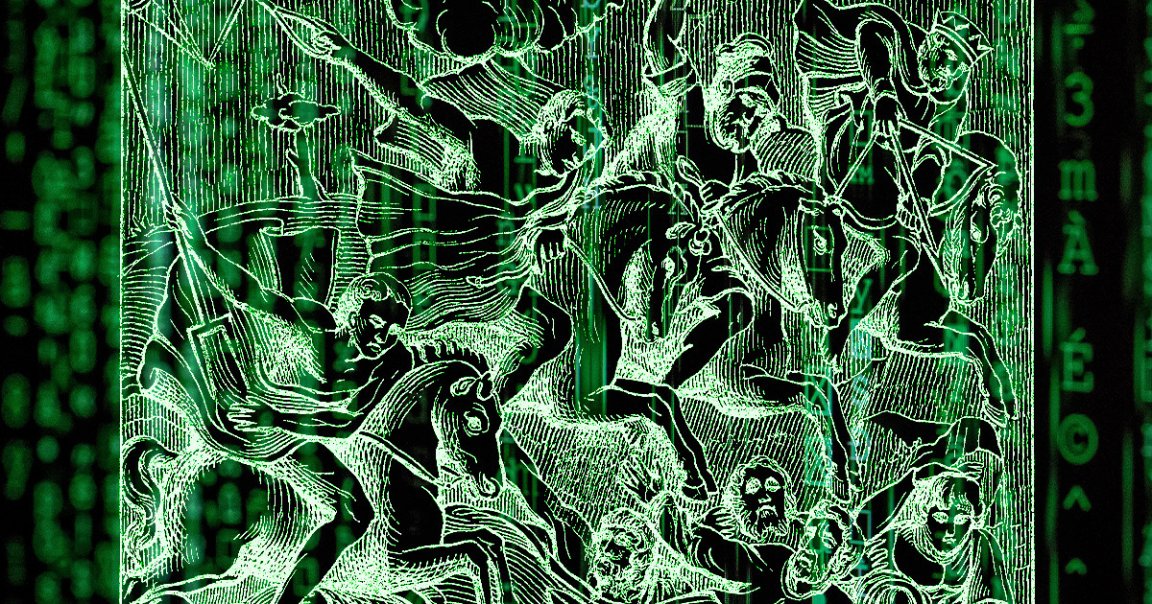
AIrms Race
The US-China AI arms race is here, with both international powers vying for ultimate power over the rapidly growing — and increasingly impressive — tech. But according to one Harvard researcher, if we don’t put a lid on the competition soon, civilization as we know it could end up paying a hefty price.
“This competition comes with huge risks,” Will Henshall, a graduate researcher studying public policy at Harvard’s Kennedy School of Government, wrote for The Boston Globe. “If the United States and China don’t find ways to reduce these risks, both countries could face catastrophe.”
McSteamy
Henshall’s argument frames AI as the next game-changing general-purpose technology, and as with other general-purpose breakthroughs previously, countries will do whatever they can to establish dominance over it. In this case, as nations worldwide seek to incorporate AI further into advanced weapons, that means spending a lot of military money.
“In fiscal year 2021, the US government spent $10.8 billion on AI R&D, $9.3 billion of which came from the Department of Defense,” writes Henshall, meanwhile noting that the US has also been moving to make necessary AI-building resources like computer chips more difficult for China to get its hands on, seemingly in a means to stifle the competition. “Chinese public expenditure on AI is less transparent, but analysts estimate that it is roughly comparable.”
Within the context of the broader general-tech history, this is normal behavior. New inventions have always powered nations and their economies, and world powers move quickly to make sure that they reap the lion’s share of the rewards, be they economic, defensive, or as in this case both.
But AI could be radically different. A steam engine, the researcher’s preferred foil to the threat of AI, goes from point A to B. Sure, it could crash, but not even a fleet of steam engines could unintentionally destroy entire nations, let alone civilization as a whole.
AI, at least in thought experiments like the paperclip problem, very well could. And right now, we just don’t know enough about it to confidently prevent that from happening — especially in an environment where competition trumps cooperation, a system that inherently favors power and speed over precaution.
And when it comes to technology this powerful — technology that again, we don’t really even understand yet — prioritizing precaution seems more than necessary. Perhaps, as Henshall argues, for the sake of us all.
READ MORE: The steam engine changed the world. Artificial intelligence could destroy it. [The Boston Globe]
More on doomsday AI: Oxford Scientists Warn Ai Could Be More Deadly than Nuclear Weapons